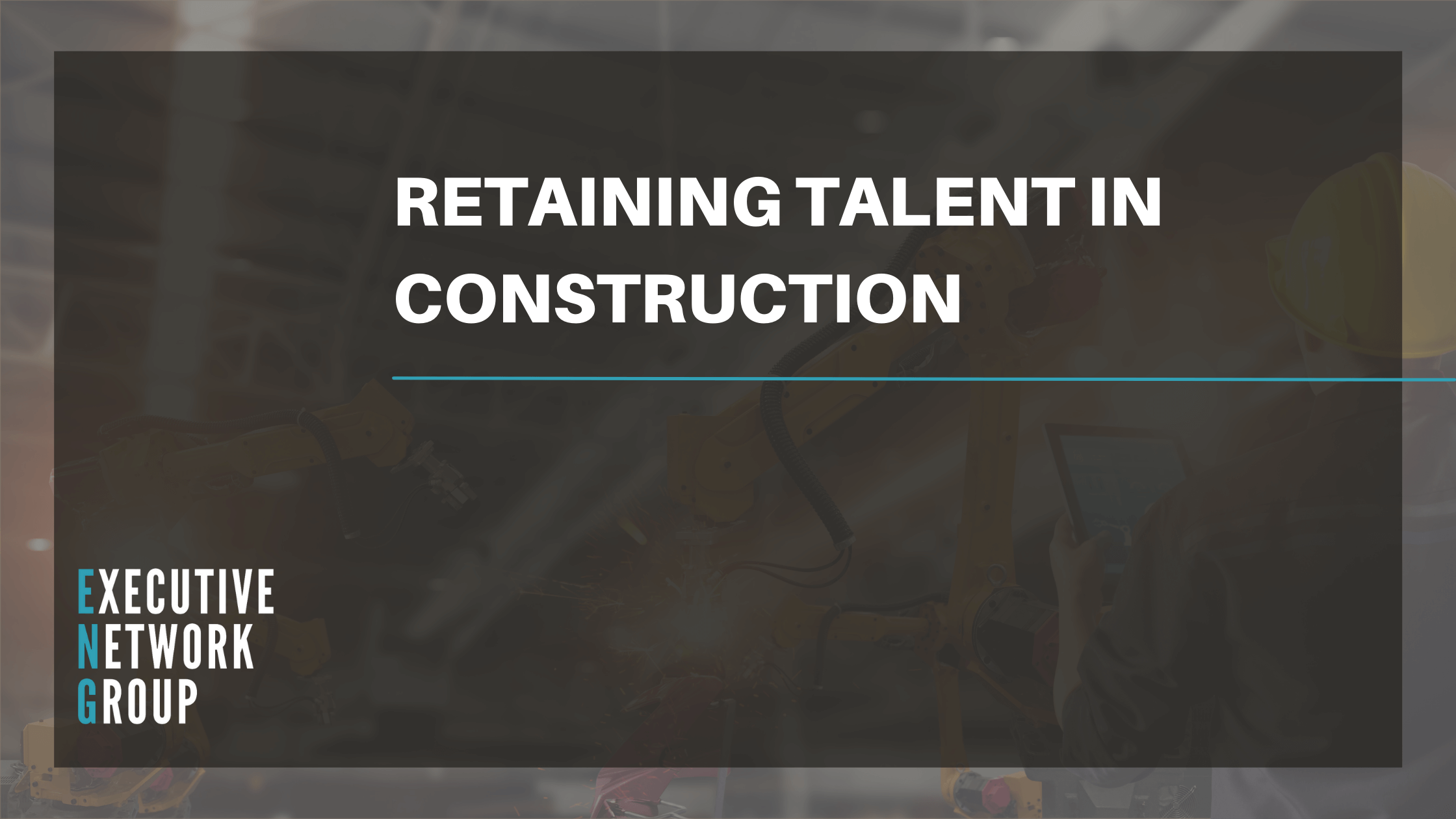2022 Critically Examining Mental Health across the Construction Industry

The biggest challenge construction businesses will face over 2022 will be to maintain and preserve their employee’s mental health standards. Statistically, the construction industry contains the largest number of suicidal deaths in comparison to any other sector. According to Health and Safety Executive (HSE) statistics, 18% of reported work-related illnesses in the UK construction industry are the result of mental health problems such as stress, depression, or anxiety and account for 400,000 working days lost each year. Further construction data reports:
- 55% of construction workers have experienced mental health problems
- 42% of construction workers are living with mental health problems in their workplace
- Construction deaths from suicide are also believed to be potentially 10x higher than that of a fatal accident at work
- Stress, depression, & anxiety remains the second highest cause of work-related ill health within the construction industry.
- The construction sector has the highest suicide rate of any other profession
The data emphasises the importance of the construction industry to develop new health and well-being strategies. There are many challenges that aren’t acknowledged across the sector. From long hours, extended times, working away from home, the temporary, and precarious nature of many projects, diversity challenges, and the alpha male culture have all contributed to the detrimental health problems.
Built Environment Network (BEN) are looking to identify solutions to the existing problems the construction industry currently faces. The following subjects have been highlighted for concern:
- Inclusive regeneration and building communities with people from all backgrounds
- Challenges of attracting and retaining diverse talents
- The Demand for D&I champions/ambassadors within a business to promote a progressive environment.
- Addressing digital burnout
- How health inequalities can often suppress social mobility
- Our unconscious bias of construction
BEN are one of many institutes looking to develop regular conferences for construction businesses to attend for the purpose of identifying solutions to the trending problems the sector faces.
Additionally, to improve the attrition levels of the construction community Kier and ISG have joined Laing O’Rourke and Balfour Beatty in a push to recruit from underrepresented demographic areas and young workers.
Cohort, one of the Design Labs schemes that launched in January included Balfour Beatty, SGN, Murphy, Wates, UK Power Networks, Mott MacDonald, Ferrovial Construction, Laing O’Rourke, Balfour Beatty Vinci Systra, Thames Water, and Hyperoptic.
The Construction industry has faced a turbulent couple of years due to the implications of the pandemic, and the uncertainty isn't expected to stop over 2022. Statistically, the HSE report an astounding amount of data displaying significant well-being concerns across the construction sector linked to the largest number of suicides in any other profession. There are still underlying factors that contribute to damaging well-being which require further research. However, construction businesses are changing their stance and taking the mental health of their employees more seriously. Companies are investing in maintaining and improving their staff’s mental health by providing information, courses, training and counselling to alleviate any concerns which may be causing harm to their employee’s mentality.
Building Mental Health (BMH) are an initiative made of volunteers from the construction industry which has dedicated its cause to supporting employee mental health across the sector. BMH propose five key principles to create a dynamic supportive culture surrounding mental health in construction:
- Create, and display, your dedication by signing the Building Mental Health Charter.
- Ensure your workforce are aware of your employee assistance programme and the Construction Industry Helpline, available by phone and via their new mobile app.
- Deliver an interactive ‘toolbox talk ‘for the purpose of creating awareness about the developments in mental health and educating people to identify signs of mental illness so they can support their work colleagues.
- Train line managers and supervisors on how to respond when mental health by implementing mental health protocols in the company culture.
- Train around one in 100 employees or subcontractors as certified mental health first aider so you’re able to handle mental health in a professional manner.
The construction sector surely is displaying some overwhelming statistics which clearly indicate that many workers in the industry will experience or are currently experiencing mental health issues. This has become extremely problematic for construction firms being able to retain their employees which leads to declining labour, production and efficiencies.
Businesses that operate in the construction field who adopt a company culture that values employee mental health will be able to obtain a competitive advantage in their sector. Attrition rates are one of the largest contributors to the decline of operators in the construction sector, and by displaying care and compassion for an employee’s mental health is a proactive approach to solving the solution and increasing efficiencies for businesses moving forward.


